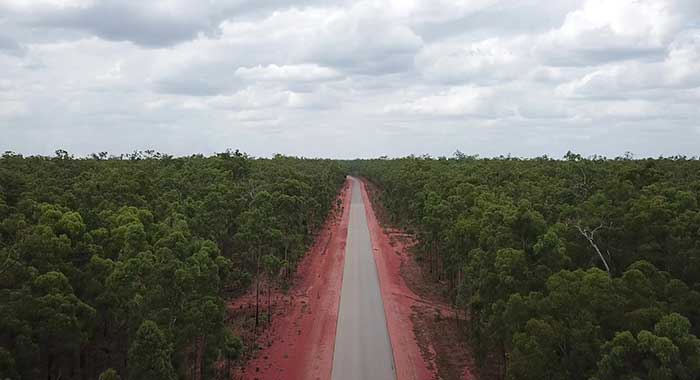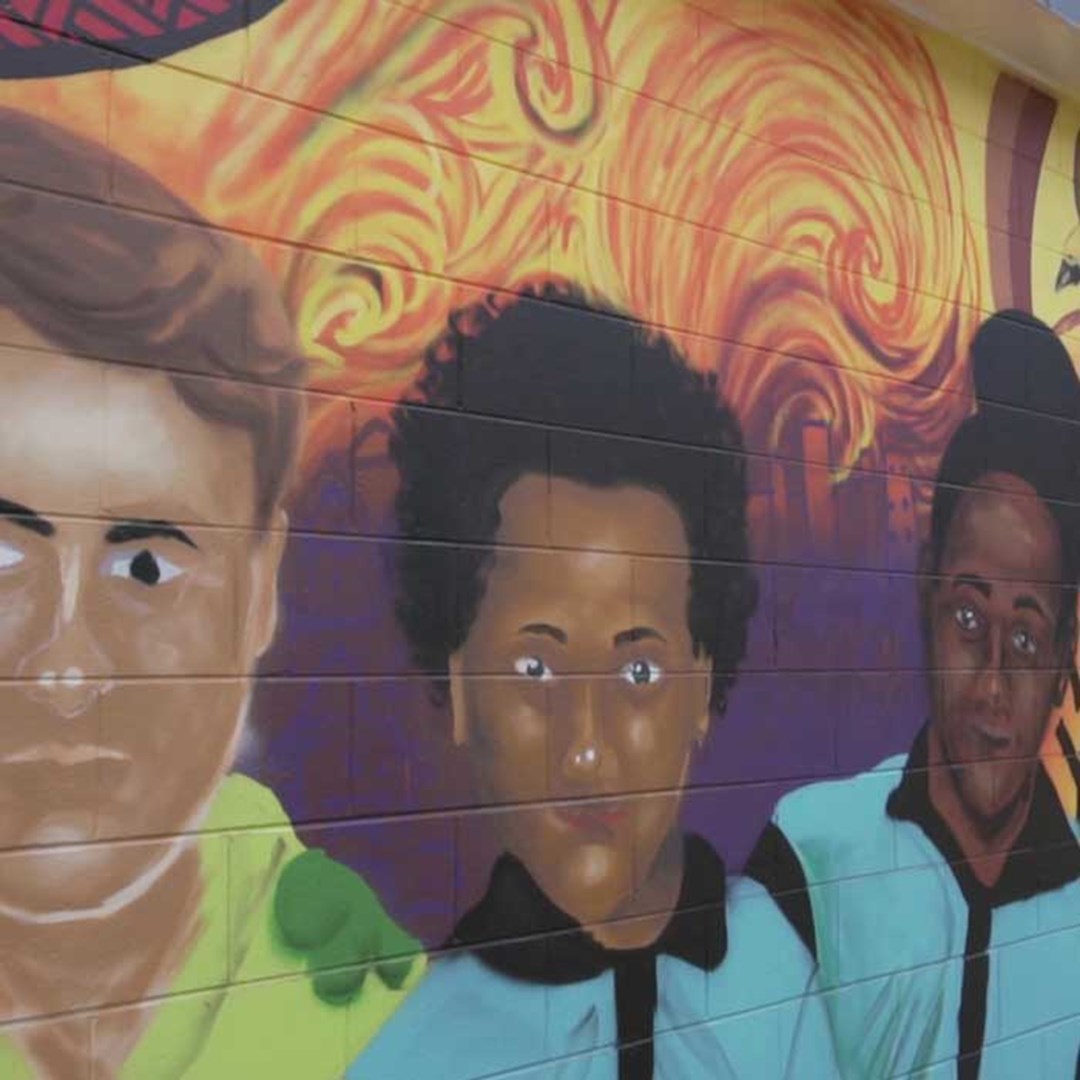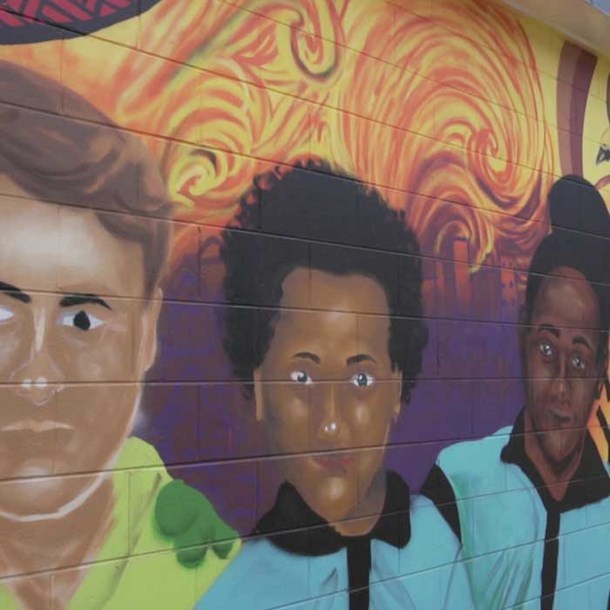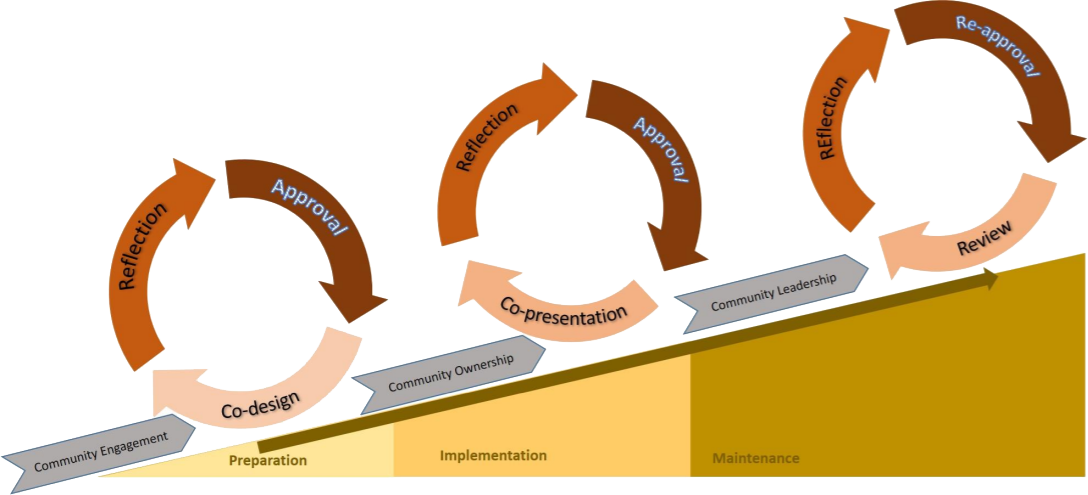Sexual health and relationships education
The SPHS program is designed for use in schools with students from Foundation to year 10.
The program was initially piloted in schools in three remote Aboriginal and Torres Strait Islander locations and is now used in 23 communities. In many of these schools, previous approaches to teaching about sexual health and relationships had been limited. Typically, one-off classes were often delivered by external organisations with a focus on one or two year levels in secondary school.
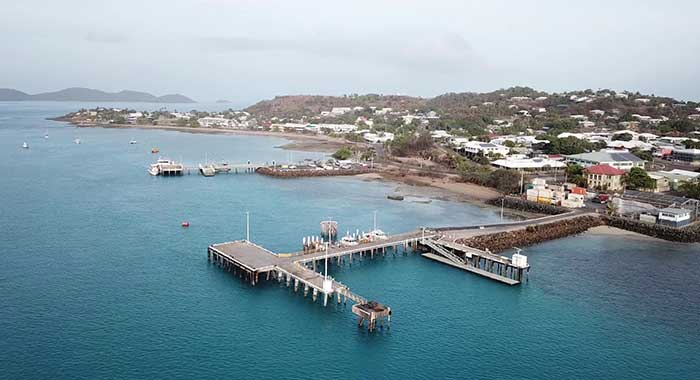
The SPHS aims to deliver age-appropriate curriculum to build a strong foundation. It utilises and values local language, cultural values and ways of imparting learning about relationships.
How it works
Once the initial program had been piloted, it was further refined following a qualitative study of the program in late 2016.
The study examined teacher and teacher-aide perceptions of the program implementation in participating schools.
The following elements were identified as important:
- The provision of teacher and teacher assistance training to implement the program with fidelity was identified as key by all teaching and classroom support staff interviewed.
- The need to adapt the program materials and resources to each local Aboriginal and Torres Strait Islander cultural context emerged as a strong theme.
- Teachers valued the classroom presence of local teacher assistants as co-presenters of curriculum content
- Teacher assistants indicated the necessity of ensuring that community norms and values underpinned the classroom learning experience.
The Yumi way
This video provides insights into the way SPHS program operates in this region.
The video was filmed at Tagai State College on Thursday Island in the Torres Strait.
Operational framework
A co-design and co-presentation model is integral to the SPHS program.
In-service training for teachers and co-presenters, has been integrated into the roll-out of the SPHS program to regional schools.
A SPHS core team provides support throughout each phase of the implementation to ensure sustainability of the program in each school. This model aims to co-design a culturally safe, sexual health and relationships education program owned and led by each community.
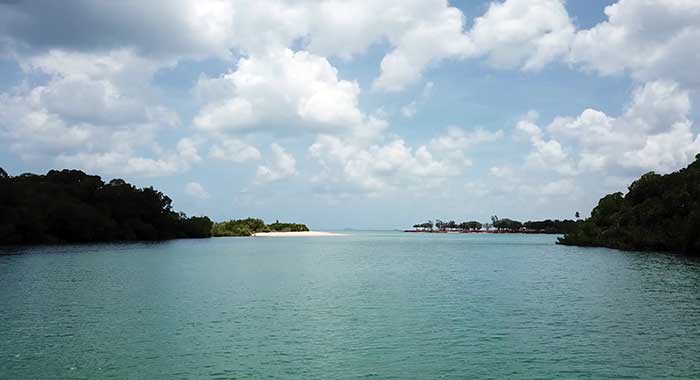
Thursday Island
The Torres Strait Islands are located between the Cape York Peninsula on the Australian mainland and Papua New Guinea. The region is spread over a geographic area of 48,000 square kilometres incorporating more than 100 islands, of which 17 are inhabited. The Torres Strait region includes 20 communities. The communities have much in common but they are not homogenous - there are local variations.
Tagai State College is a multi-campus school representing 18 community-based campuses across the Torres Strait region. The name of the school is anchored on the constellation of Tagai, a symbol that unites the people of the Torres Strait. The position of Tagai across the sky instructs the world order, predicting new seasons and ensuring everything has a place.
Co-design with Aboriginal and Torres Strait Islander communities
'We've all got knowledge, it's just different knowledge.'
An increasing body of research supports the use of co-design processes in and with Aboriginal and Torres Strait Islander communities.
Best practice in co-design is driven by Aboriginal and Torres Strait Islander peoples. The process includes acknowledgement of the impact of colonisation on these communities and promotes local systems of knowledge and ways of seeing the world.
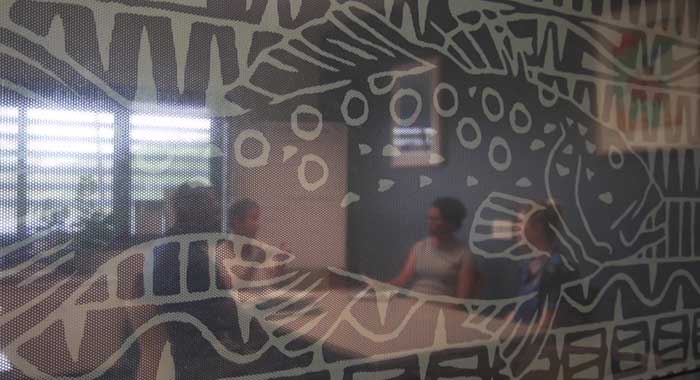
The development of the SPHS program included the following elements:
- spending time developing relationships that enable the program to flourish
- a 'strengths-based' approach that values the local people, cultures and beliefs and what these elements bring to a program about relationships
- associated two-way learning and communication
- capacity-building with training provided in local communities.
Community is essential
This video explores the ways in which communities in Aurukun and the Torres Strait have approached co-design and delivery of curriculum.
Aurukun
Located in far-north Queensland, Aurukun is approximately 100 km south of Weipa. The town faces west to the Gulf of Carpentaria. The Aurukun State School site notes that:
'The name 'Aurukun' came from the local language name for the large lagoon at the back of the mission. Aboriginal people were relocated from large surrounding areas to the mission over several decades.
The Aurukun Shire, with its own Shire Council, was established in 1978. It includes much of the traditional country of the Wik, Wik Way and Kugu people. The 7500 square kilometre shire has rare and beautiful environmental values.
Traditional owners are very proud of their country and traditional language and culture are strong.'
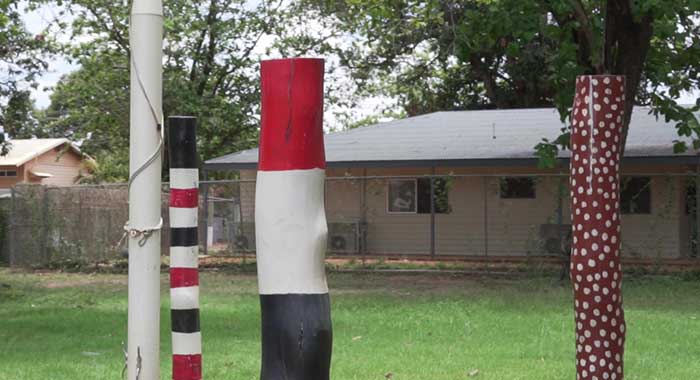
The Wik way
This video provides insights into the way the SPHS program operates in this region.
Listen to the perspectives from the team of people who are working collectively to develop and sustain respectful relationships and sexuality education at Aurukun State School.
Additional links
An evidence based approach to sexual health and relationships education in remote far north Queensland schools.
Growing up in the Torres Strait region
A report documenting the growing up stories provided by people in the Torres Strait and Northern Peninsula Area.
A paper providing academic links and an example of a NSW case-study based on co-design principles and practices.
